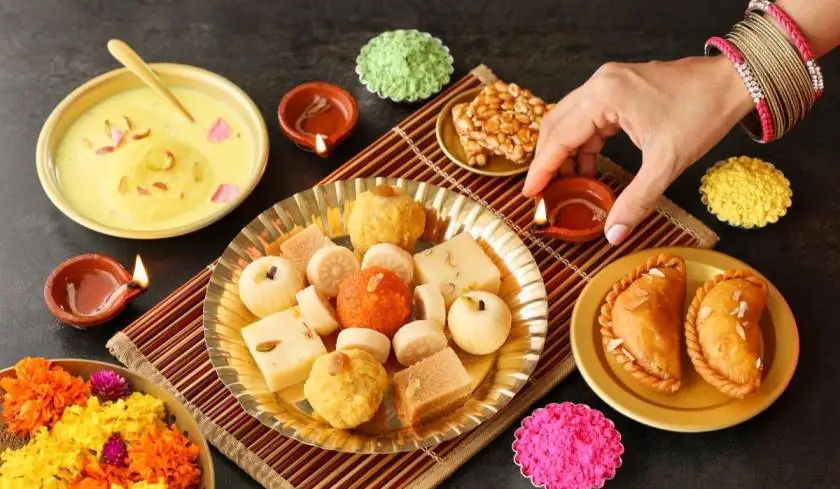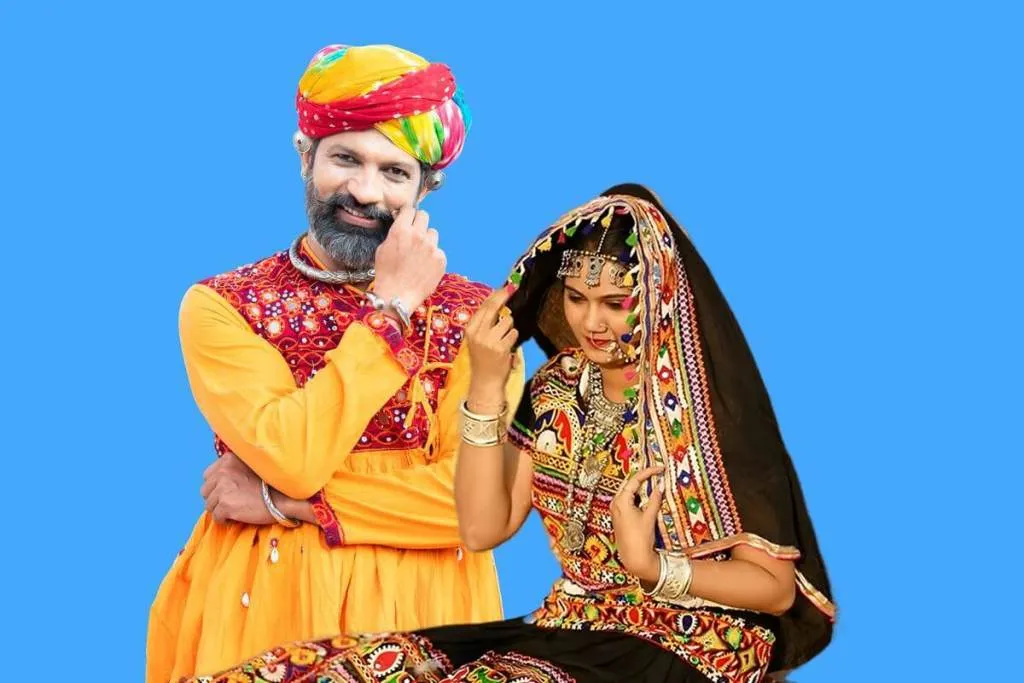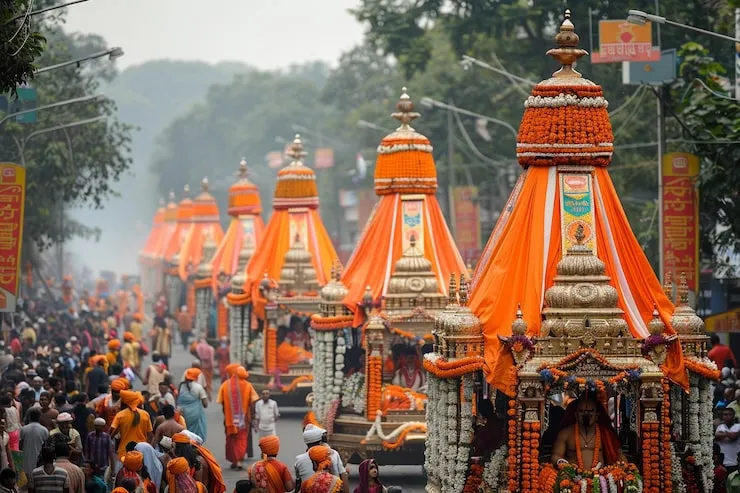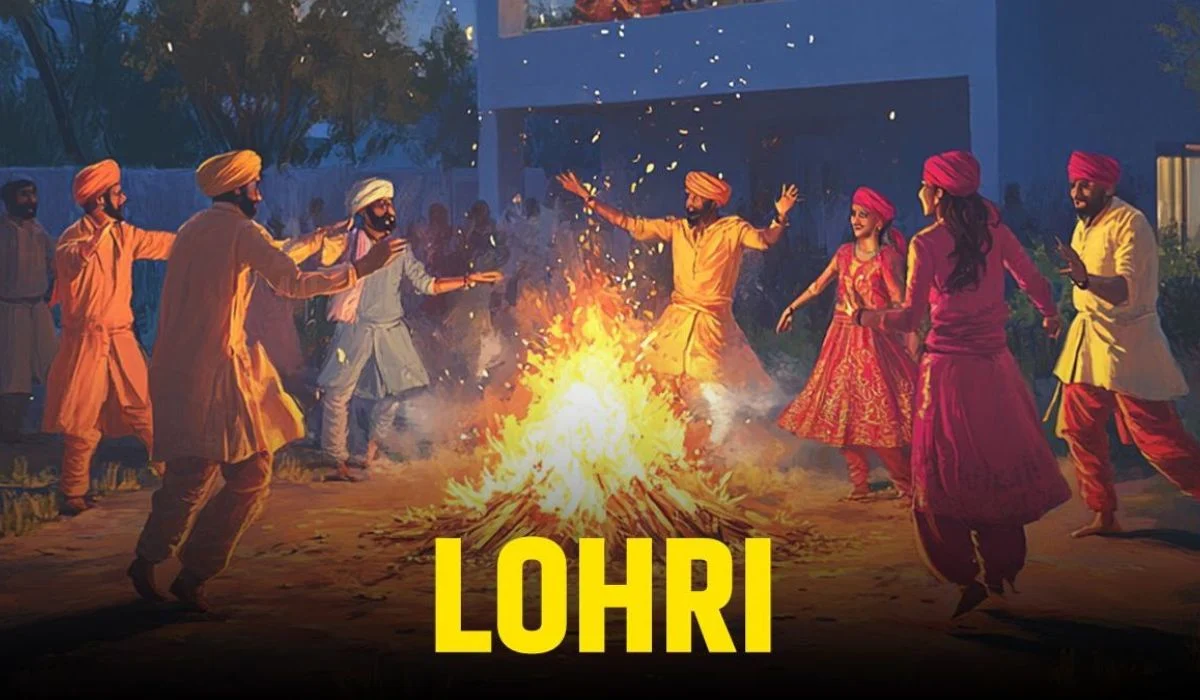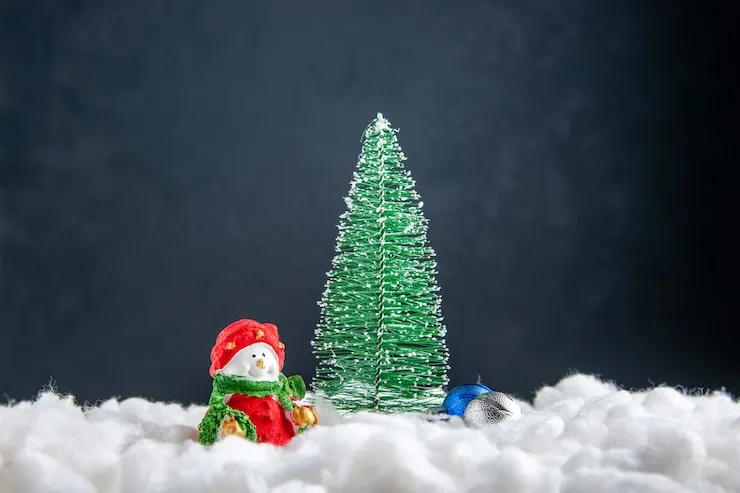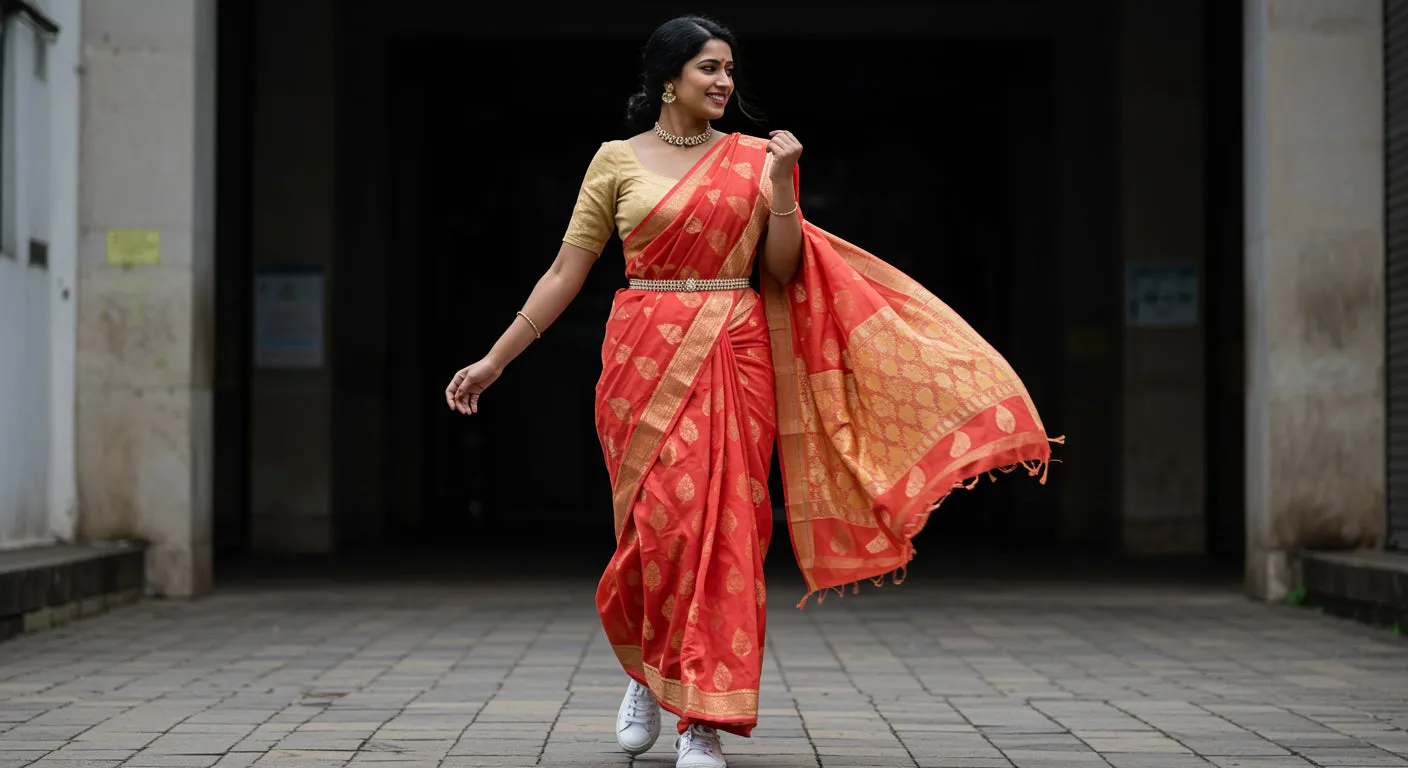Diwali is celebrated across India. In Kerala, the festival is quieter compared to the North. Yet sweets and special foods play a key role. Local flavours are embraced.
Traditional dishes are prepared with coconut, jaggery, and rice. In this article, popular Diwali foods and sweets in Kerala are explored. Some newer trends are also noted.
Kerala’s Culinary Influence on Diwali
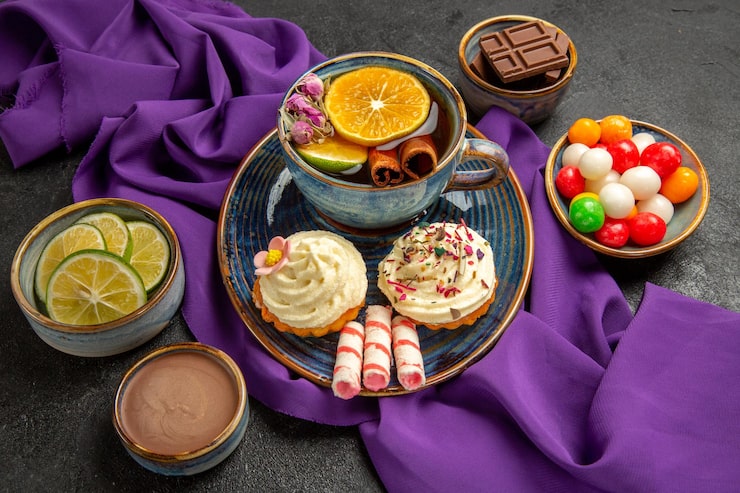
In Kerala, Hindu festivals often borrow from local food culture.Rice, coconut, and jaggery are staples. Many sweets and savory snacks are adapted from Onam, Vishu, or temple traditions. Thus, when Diwali comes, these foods are used. A mix of North Indian sweets and Kerala desserts is often served.
Read Also: How To Celebrate Diwali The Gujarati Way
In recent years, home-made sweets are once again preferred over mass produced ones. The demand for handmade “faral” (festival sweets) has been rising in Kerala too, following trends in other states. The freshness and authenticity are valued.
Popular Kerala Sweets at Diwali
Below are some famous sweets and desserts from Kerala that are often included in Diwali menus.
Ada Pradhaman / Palada Pradhaman
Ada Pradhaman is a classic dessert of Kerala. It is made from rice ada (flat rice bits), jaggery, and thick coconut milk. It is flavored with cardamom, ghee, cashews, and raisins. At many homes, this dessert is cooked on festival days. Ada Pradhaman is known as the “king of sweets” in Kerala.
Palada Pradhaman is a variation in which milk is used along with ada and sugar. It is rich and creamy. Some families prefer this as a Diwali special.
Unniyappam
Unniyappam is a small, round fritter made of mashed banana, rice flour, jaggery, and coconut. The batter is poured in special molds and deep fried in ghee or oil. They are crisp outside and soft inside. They are a favorite teatime snack in Kerala and are usually accepted as festive sweets.
Neyyappam
Neyyappam is another sweet pancake. It is made from rice flour, jaggery, and coconut. It is fried in ghee. Sometimes banana is added. It is often offered as prasadam in temples.
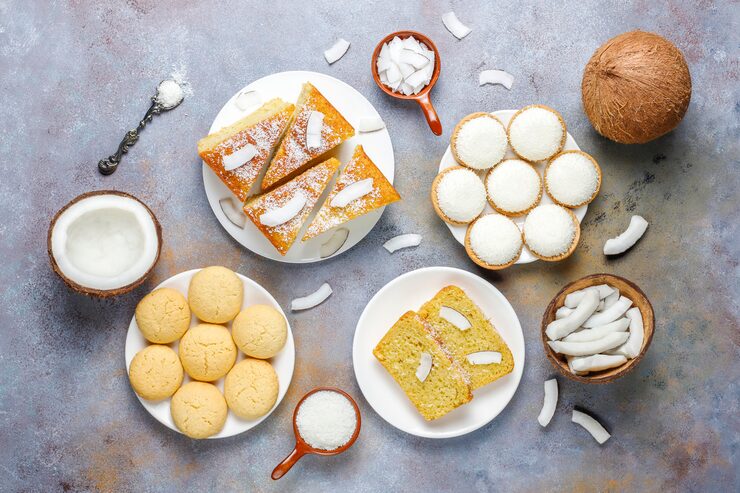
Trivandrum Boli / Neyy Boli
Boli is a sweet flatbread filled with jaggery and coconut. In Thiruvananthapuram, the local version is called Trivandrum Boli. It is often prepared for festivals. It is soft, sweet, and often paired with payasam.
Kinnathappam
Kinnathappam is a steamed plate cake made of rice flour, coconut milk, sugar, and sometimes fried coconut bits. It is soft, rich, and mildly sweet. This cake is traditionally made in Kerala households for special occasions.
You Must Also Like: Diwali Shopping Culture: From Chandni Chowk to Dilli Haat
Banana Halwa
Banana halwa is a dark, glossy sweet made from ripe bananas, jaggery, ghee, and nuts. It melts in the mouth. Because banana is abundant in Kerala, it is often used in sweets. This halwa is relished in many festivals.
Other Coconut & Rice Based Sweets
Other sweets such as coconut laddoo or coconut pitha with mawa are also prepared. These sweets use coconut as base and are softer. Coconut and mawa laddoo is sometimes used as an alternate sweet in festive boxes.
Savoury Snacks & Accompaniments
Sweets often need balancing by savory snacks. Kerala’s snack culture is rich. Here are some items often placed on Diwali tables.
Murukku / Achappam
Deep fried snacks like murukku and achappam are added. Achappam is a crisp decorative snack made with rice flour, coconut milk, and sesame seeds using a mold. Murukku is also used. It pairs well with tea and cuts through the sweetness.
Ribbon Pakoda / Pakkavada
Pakkavada (ribbon pakoda) is made using rice and gram flour, spiced, and deep fried. It offers crunch and spice. It is included in festive snack platters.
Unni (deep fried banana) & Chips
Slices of banana fried or plantain chips may be added. These bring saltiness and crunch.
Why These Foods are Favoured?
- Local ingredients are used: coconut, rice, jaggery. So cost and access are easier.
- Recipes are often known by older generations. They are passed down.
- Many items are easy to make in batch quantities. They keep well for a day or two.
- Flavours are balanced: sweet, slightly nutty, and not overly heavy.
- Because of these reasons, the Kerala Diwali menu is unique and rooted in tradition.
Conclusion
Diwali in Kerala is not as grand as in some other parts of India, but it is sweet in its own way. Local flavors, traditional sweets, and a touch of fusion make the festival menu unique.
With the rising trend of handcrafted sweets, Kerala’s Diwali tables are being enriched further. Whether it is Ada Pradhaman, Unniyappam, or Trivandrum Boli, these desserts represent culture and love.



